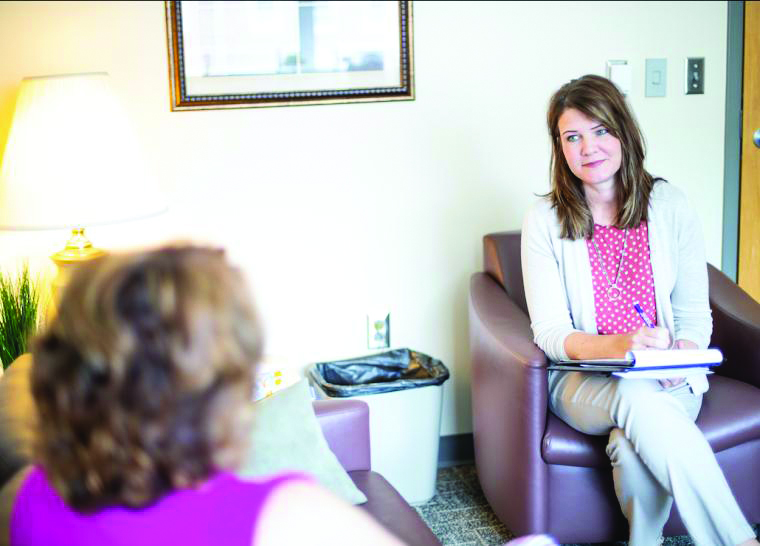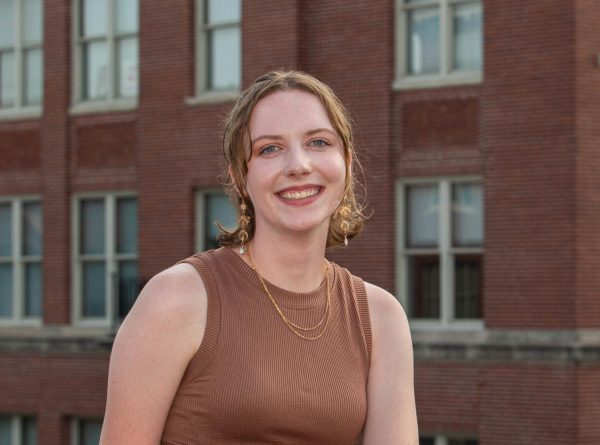UNI receives $2.5 million federal grant for mental health access
Mar 22, 2023
After extensive research and collaboration with numerous Iowa Area Education Agencies (AEAs), UNI has received a $2.5 million grant from the U.S. Department of Education to train 15 new school psychologists for various schools across Iowa in the next five years.
Nicole Skaar, an associate professor and School Psychology Program coordinator, is hopeful the grant will relieve current school psychologists of an overloaded schedule. Currently the National Association of School Psychologists (NASP) recommends the ratio of school psychologists to students should be about one psychologist to 500 students. In Iowa, the current ratio of school psychologists to students is about one in 1,800 or 1,900. In places like Great Prairie Education Agency (AEA), an AEA UNI is collaborating with on this grant, the ratio is one to 4,379 students.
“There is a real need for school psychologists in Iowa just to get to that optimal place where we can actually do the things we need to do,” Skaar said. “What often happens is that school psychologists have to do a lot of the legally required work, and we are not doing a lot of the great stuff that would be very beneficial to students.”
According to the Iowa Department of Education, 1 in 5 children ages 13-18 have or will have a serious mental illness, and approximately 50% of students age 14 and older with a mental illness drop out of high school. Skaar hopes by providing the state with more school psychologists, these students can get the support they need.
“We are in a kind of a crisis when it comes to student mental health,” Skaar said. “School psychologists are really needed to help with those intensive needs in the area of behavioral and mental health in schools.”
The grant will support prospective school psychologists to reduce tuition rates, buy books, or fund travel costs among other things. To qualify for the program, candidates must be a K-12 educator or have a related field with a master’s degree. By the end of the program, students will earn an educational specialists degree.
Although applying for the grant was intensive, Skaar commends everyone who helped assist with the process.
“Applying for a federal grant is a whirlwind of hard work and teaming across all of us who have worked on these grants before,” Skaar said. “We are very thankful for all of the team members who worked on this project and made it happen.”

















